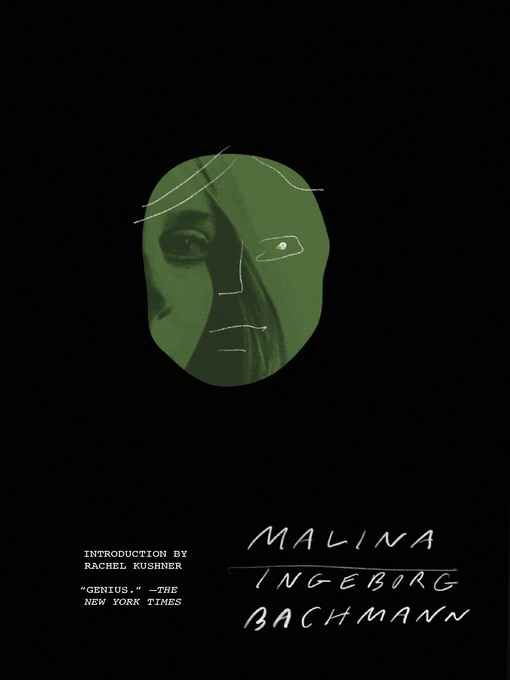
Malina
کتاب های مرتبط
- اطلاعات
- نقد و بررسی
- دیدگاه کاربران
نقد و بررسی

September 2, 1991
This demanding work contains flashes of great beauty and insight but is ultimately marred by Bachmann's cryptic, fragmented prose and internalized story line that is based entirely on the narrator's emotional responses to events conveyed only obliquely to the reader. Part of the problem derives from the veiled yet critical references to Austrian history, which are satisfactorily explained only in the excellent afterword. Also difficult is the subject matter itself: the inability of language to express our deepest emotions and Bachmann's own frustrating struggle to create a new, all-encompassing prose. Like the author, who was ambivalent about her success as one of Austria's most influential postwar writers, the narrator is in a personal and professional crisis as she begins a new book. The novel loosely chronicles her love affairs with two men, the life-affirming Ivan, a Hungarian who begs the author to write about joy rather than express her own dark vision of humanity, and Malina, the introverted man she lives with. The narrator's playful attempt to act as a companion and `` wife'' to Ivan ends disastrously, with her own personality disintegrating. She becomes dependent on Malina who, as her alter ego, first leads her through a terrifying fantasy sequence about her father, and then, quite literally absorbs her into his own personality. First published in 1971, Bachmann's only novel is being reissued posthumously as part of the Modern German Voices series.

September 1, 2019
Famed Austrian writer Bachmann's only novel, set in Vienna and first published in 1971, takes on the vexed struggle between the sexes in a decaying city. The narrator, an author, lives with her partner, Malina, but is madly in love with Ivan, who lives nearby. On the surface the story of an affair, the first section of the novel ("Happy with Ivan") captures the way love seems to affect the lover's surroundings: "the incidence of pain in my neighborhood is decreasing, between Ungargasse 6 and 9 fewer misfortunes occur...the world's schizoid soul, its crazy, gaping split, is healing itself imperceptibly." She plans to write a "glorious book," one that will make people "leap for joy." The threat to her happiness is not Malina, who "torments me with his impeccable self-control, his imperturbable trust," but something darker and harder to name. She is haunted by "murder thoughts" and the threat of violence, against anonymous women particularly. In the second section, ill and confined to her apartment, she is cared for by Malina while she dreams disturbingly of her father attempting to kill her beside "the cemetery of the murdered daughters." The postwar years hang over the city and the book. "Here there is always violence. Here there is always struggle. It is the everlasting war." As well as dreams, the narrative is interspersed with dialogues, an absurdist, hilarious interview, the story of a princess, fragments of the narrator's writing, and unsent letters she signs "an unknown woman." Her ways of coping as well as her despair come to feel inevitable. "I react to every situation, submit to every emotional upheaval and suffer the losses--which Malina notices, detachedly." "Most men usually make women unhappy," she tells us, "and there's no reciprocity, as our misfortune is natural, inevitable, stemming as it does from the disease of men, for whose sake women have to bear so much in mind, continually modifying what they've just learned--for, as a rule, if you have to constantly brood about somebody, and generate feelings about him, then you're going to be unhappy." In the book's final section, as Ivan's feelings cool and Malina's caretaking stifles, the narrator retreats into the story of a postman who, out of a sense of delicacy, stopped delivering the mail. "There is no beautiful book, I can no longer write the beautiful book." Dense, compelling, often weirdly funny, a dark fairy tale told as a murder mystery. Rewarding and highly recommended.
COPYRIGHT(2019) Kirkus Reviews, ALL RIGHTS RESERVED.

























دیدگاه کاربران